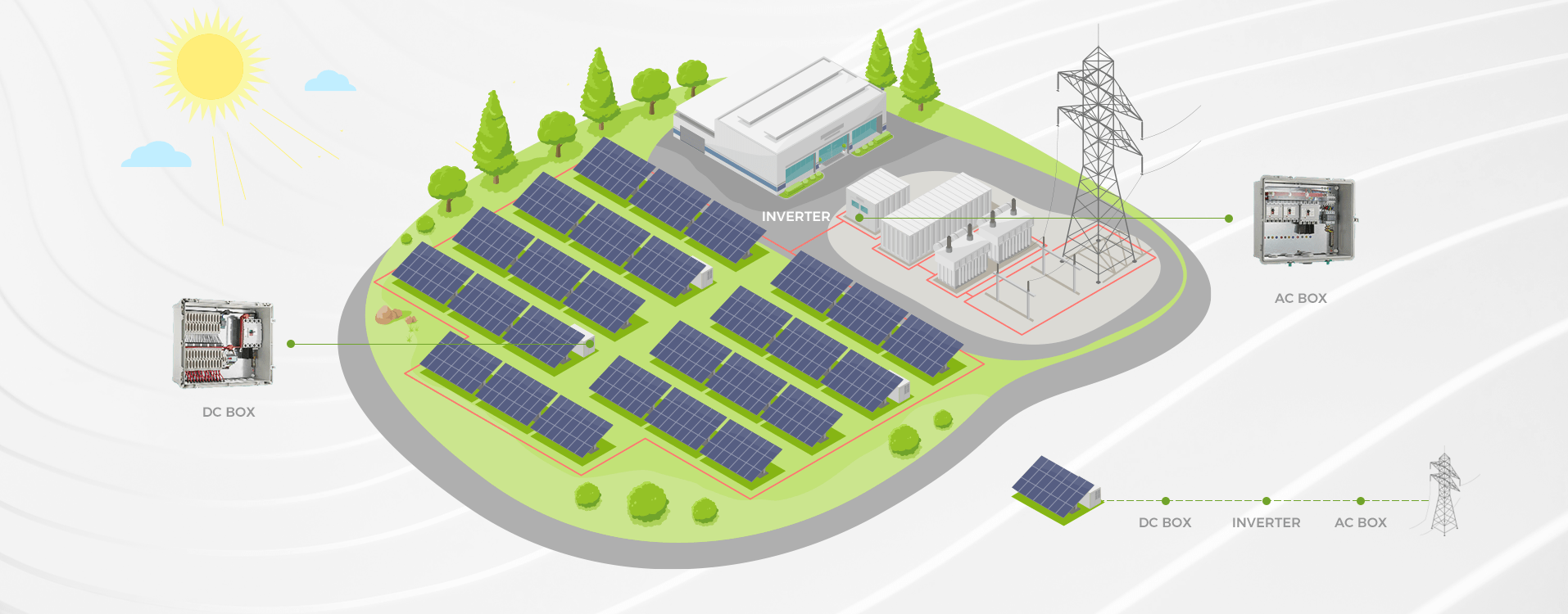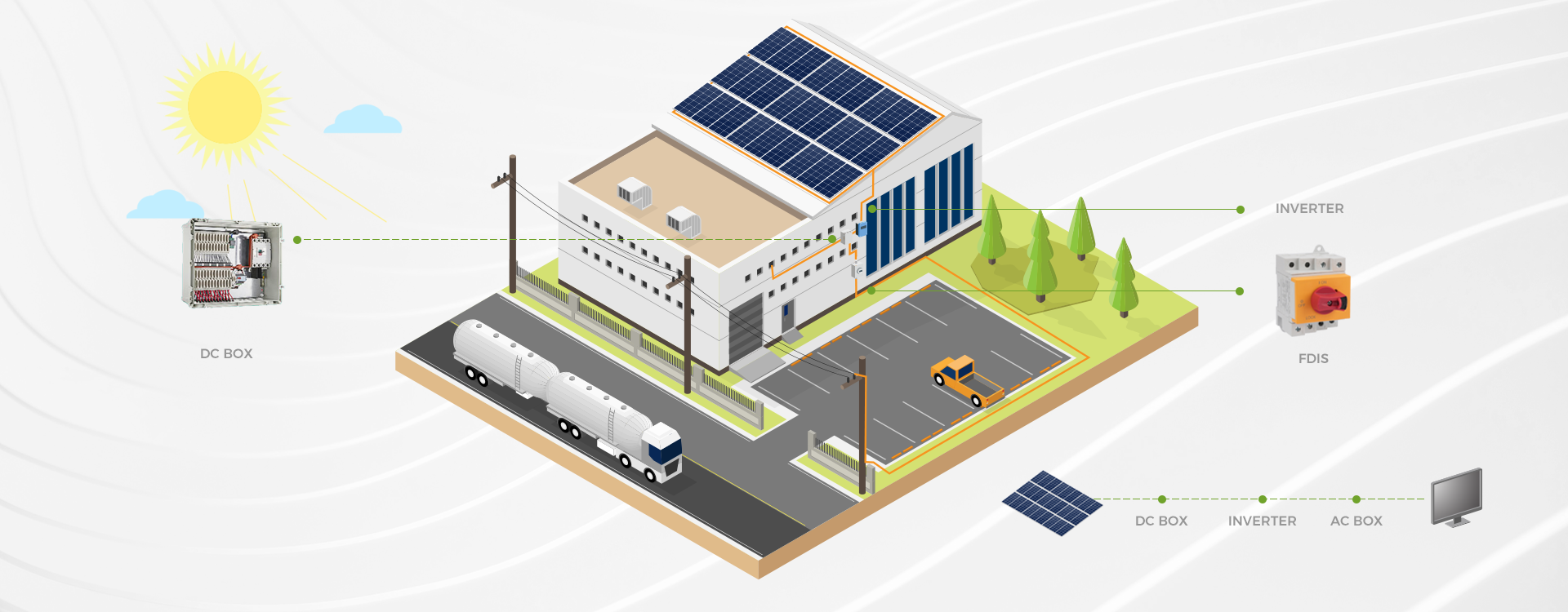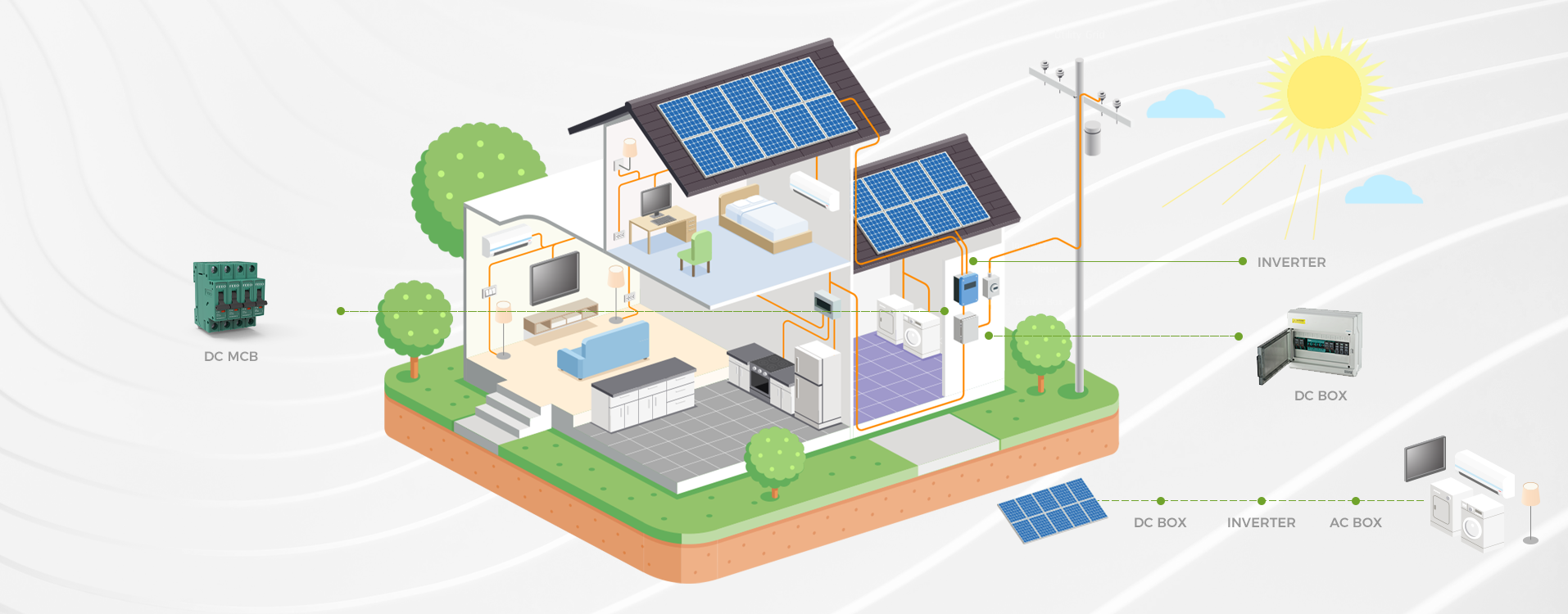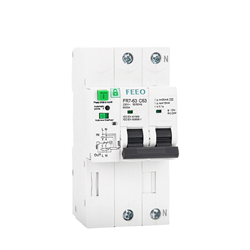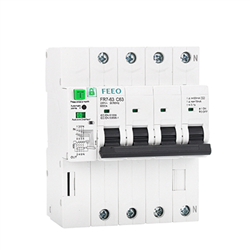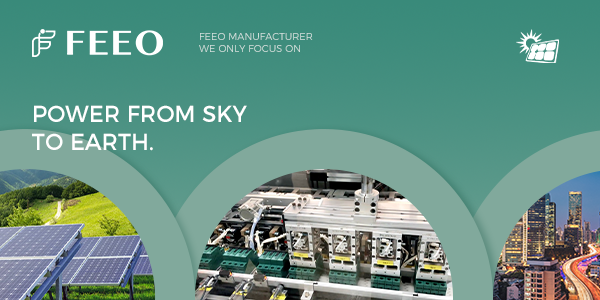The global push toward carbon neutrality has placed the photovoltaic (PV) industry at the forefront of the clean energy revolution. Solar power, as a key renewable energy source, is transforming the way electricity is generated, offering a sustainable alternative to fossil fuels. With its ability to harness sunlight and convert it into electricity without greenhouse gas emissions, PV technology is playing a crucial role in mitigating climate change and achieving net-zero emissions.
The Role of Solar Energy in Carbon Neutrality
The PV industry directly supports carbon neutrality by replacing coal, oil, and natural gas in power generation. Unlike conventional energy sources, solar panels produce clean electricity throughout their lifespan, significantly reducing carbon footprints. According to the International Energy Agency (IEA), solar power could become the largest source of electricity by 2050, accounting for nearly one-third of global energy supply.
Technological Advancements Driving Growth
Recent innovations have dramatically improved the efficiency and affordability of solar panels. Developments in perovskite solar cells, bifacial modules, and floating PV systems are expanding applications beyond traditional rooftops and solar farms. Additionally, advancements in energy storage, such as lithium-ion and solid-state batteries, ensure a stable power supply even when sunlight is unavailable.
Government Policies and Corporate Commitments
Governments worldwide are implementing policies to accelerate solar adoption, including subsidies, tax incentives, and renewable energy mandates. Meanwhile, major corporations are investing in large-scale solar projects to meet sustainability goals. Companies like Tesla, NextEra Energy, and Longi Solar are leading the charge in making solar energy more accessible and efficient.
Economic and Environmental Benefits
Beyond reducing emissions, the PV industry stimulates economic growth by creating millions of jobs in manufacturing, installation, and maintenance. Countries investing in solar energy also enhance their energy security by reducing dependence on imported fossil fuels.
Challenges and the Path Forward
Despite its rapid growth, the PV industry faces challenges, including raw material shortages, recycling of old panels, and grid integration. Addressing these issues through circular economy practices and smart grid technologies will be essential for long-term sustainability.
Conclusion
The photovoltaic industry is a cornerstone of the global carbon neutrality mission. As technology advances and adoption increases, solar power will continue to lead the transition to a cleaner, greener future. Embracing solar energy is not just an environmental imperative—it is an opportunity to build a sustainable and resilient energy system for generations to come.





















































